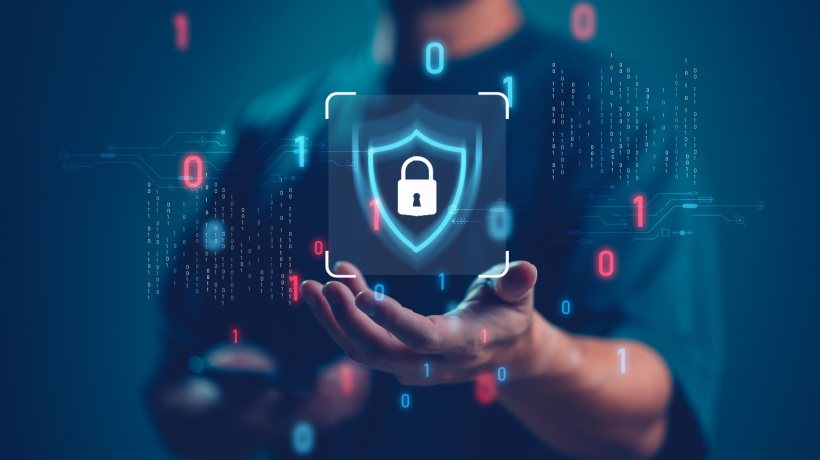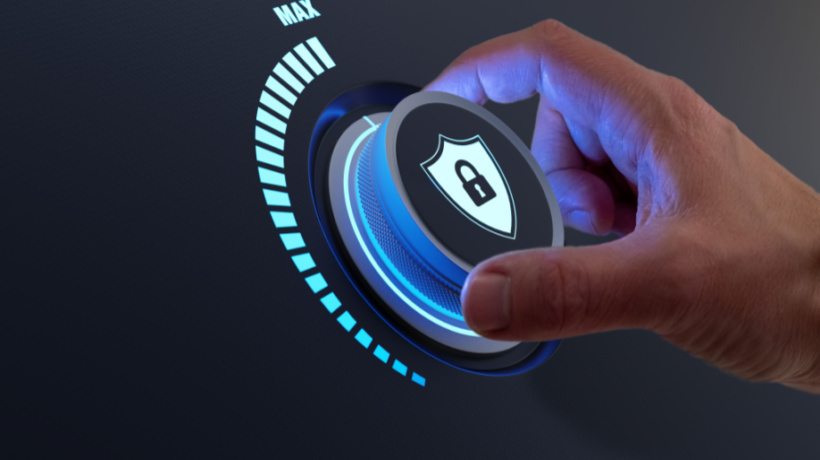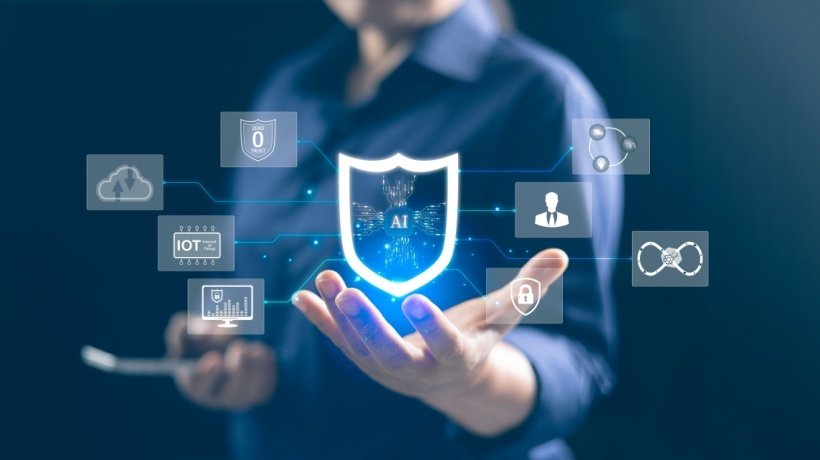Empowering eLearners With Digital Literacy
In the ever-changing world of online learning, it's crucial to master digital literacy and cybersecurity skills to succeed. This article delves into the importance of these abilities in navigating the digital space and protecting against potential threats, setting the stage for a successful online learning experience.
Digital Literacy In eLearning
Embracing essential digital skills is not simply a choice but an imperative for students navigating the virtual landscape; here, we embark on a concise exploration of two core aspects shaping digital literacy in the realm of online learning:
Foundational Digital Competences
- Web navigation
Mastery of web-surfing is like finding treasures in the enormous ocean. eLearners have got to be able to expertly voyage across the different currents without encountering heavy waves. - File organization
Just like physical documents are so arranged that they can be easily findable, digital file management is the cornerstone of order in a virtual environment. eLearners should perfect skills in creating, organizing, and retrieving digital files with efficiency. - Online interaction
Communication defines the traditional classrooms; in eLearning, students require proficiency in the art of online communication using diverse platforms to go about interacting and engaging with peers as well as their instruction organizers.
Information Literacy Proficiency
- Source evaluation
In the vast ocean of information, the skill to discriminate the credible from the dubious is pivotal. How to filter out inaccurate or unreliable content and how to judge a source are two expected skills that every eLearner needs to cultivate. - Research mastery
The digital landscape is a goldmine of knowledge. Providing a student with the correct research skills will ensure that they can find scattered information and come out richer in understanding. - Citation and copyright awareness
Digital space demands that ethical use be made of information. eLearners need to be educated on the citation guidelines and become thoroughly aware of various copyright legislations, so that they can make lawful use of the material available in digital format.
Cybersecurity Skills For eLearning
In the dynamic world of online learning, acquiring cybersecurity expertise is crucial for a safe and prosperous eLearning journey. Let's explore the fundamental aspects and awareness necessary to navigate the digital landscape securely.
Cybersecurity Essentials
- Mastering passwords
Your primary defense is to craft robust, distinctive passwords and regularly update them. Utilizing password management tools can enhance security. - Safe internet practices
Exercise caution in your clicks. Stick to secure websites (check for "https://") and steer clear of public Wi-Fi for sensitive tasks; a little vigilance goes a long way. - Device fortification
Keep your virtual entrance secure, install and update antivirus software, activate firewalls, and routinely update devices to ward off potential cyber threats.
Awareness Of Digital Hazards
- Phishing vigilance
Identify the lures. Approach unexpected emails or messages with skepticism, particularly those soliciting personal information; verify the sender's authenticity before responding or clicking links. - Malware defense
Guard against concealed invaders. Refrain from downloading files from untrustworthy sources, and ensure your antivirus software is up to date to identify and eliminate potential malware risks. - Social engineering safeguard
Protect your digital trust. Exercise caution when sharing personal information online, and authenticate the identity of individuals or organizations requesting sensitive details.
In the third quarter of 2023, a study found that wrongdoers used various methods to successfully trick people. Phishing websites played a major role, accounting for 54%, followed by email at 27%, social media scams at 19%, and instant messaging hoaxes at 16% [1].
Integrating Digital Literacy And Cybersecurity In eLearning
In the swiftly changing realm of education, the blend of digital literacy and cybersecurity has become crucial for successful eLearning. Educational efforts play a vital role in this integration.
Educational Innovations
- Revamped curricula
Educational institutions are transforming curricula to seamlessly incorporate digital literacy and cybersecurity skills. Subjects now cover vital aspects such as internet navigation, information evaluation, and fundamental cybersecurity practices. - Educator training programs
Recognizing educators as the guiding force, training programs equip them with the essential skills to navigate the digital realm securely. These programs focus on enhancing their grasp of emerging technologies, online threats, and effective teaching methods for digital literacy.
Student Training
- Interactive workshops and Seminars
These are empowering students with practical insights into digital literacy and cybersecurity. They explore real-world scenarios. Topics include password management, recognizing phishing attempts, and fostering a culture of online responsibility. - Dynamic learning modules
Utilizing technology for effective learning, interactive modules are crafted to make the learning process dynamic and engaging. Students actively participate in simulated cyber threats, honing their problem-solving skills and reinforcing the significance of digital security.
Challenges And Solutions
Different levels of proficiency and experience in using technology result in most people feeling overwhelmed by digital navigation, and without foundational digital skills, individuals are preyed on by threats from the web. In addition, a big challenge is the lack of awareness. Most people do not have knowledge about the importance of digital literacy and cybersecurity in their lives, which makes them vulnerable to cyberattacks, data breaches, and privacy violations.
To Address These Problems
- Educational initiatives
Integrate digital literacy in educational curricula and provide easily accessible training programs. This prepares people with the ability to navigate through the digital world safely. - User awareness campaigns
Pull through focused campaigns via social media, workshops, and community outreach to disseminate information with regards to digital literacy, as well as the best practices for cybersecurity, thereby bridging the awareness deficit.
Final Thoughts
Success in online education hinges on embracing digital literacy and cybersecurity skills. These abilities, serving as protectors of a smooth virtual experience, empower learners to navigate the digital realm and shield themselves from potential risks. The combination of these skills in the ever-changing eLearning environment establishes a robust foundation, paving the way for the triumph and accomplishment for every digital scholar.









